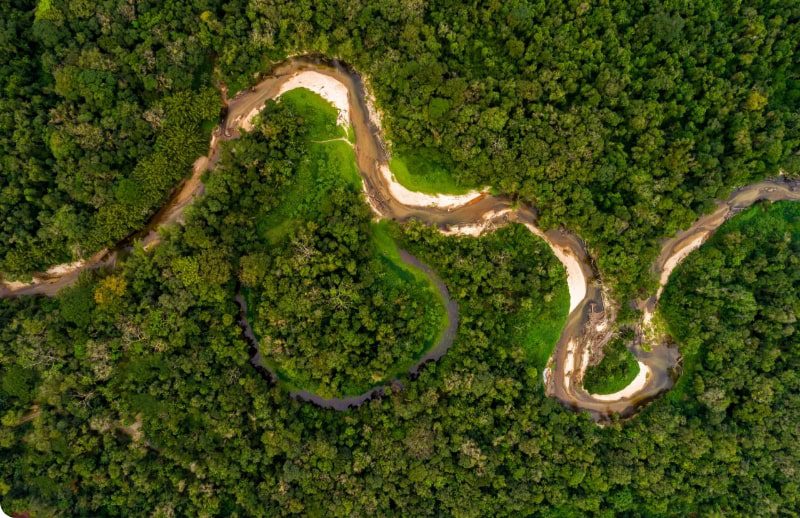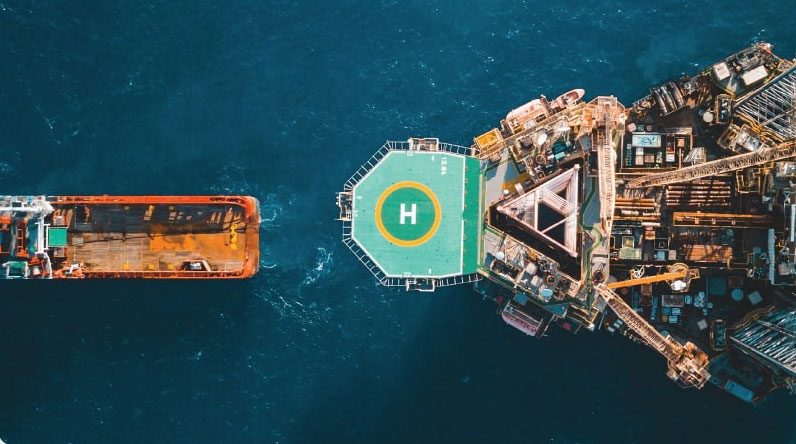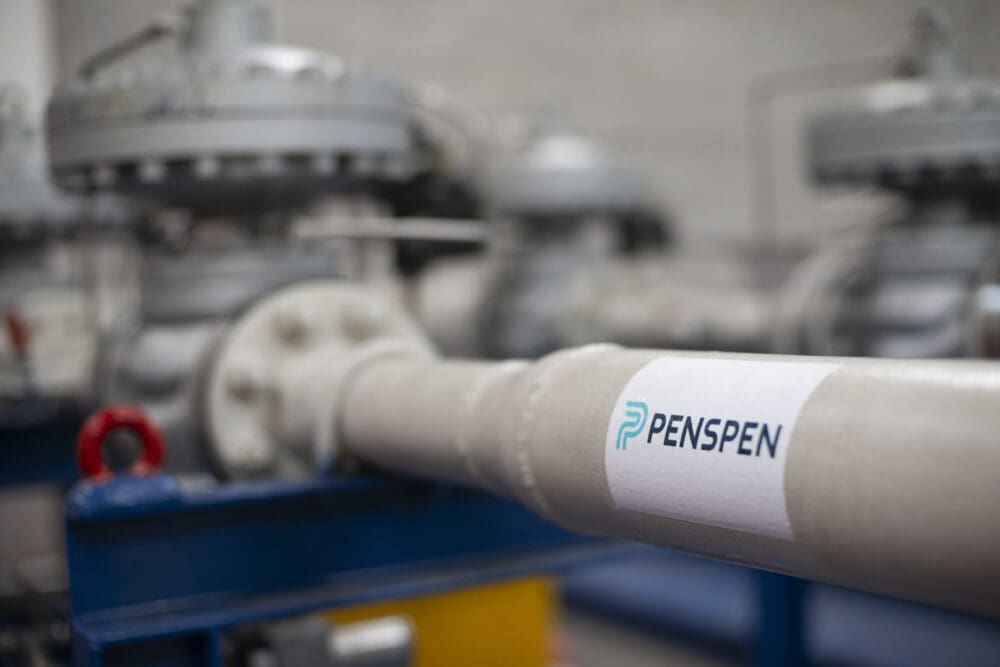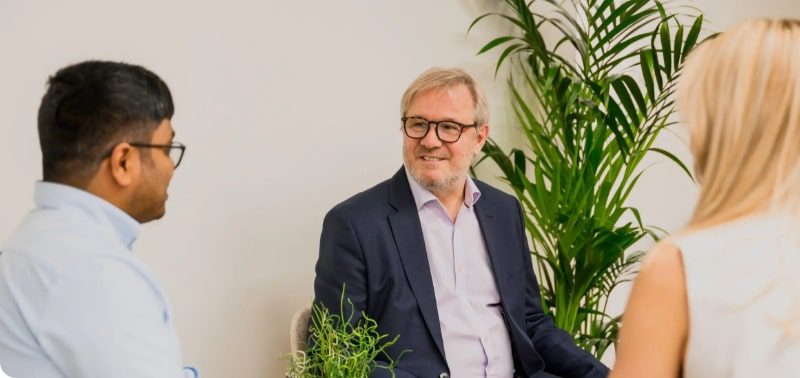Capturing Innovation
Andrew is a Project Engineer based at 150 Holborn, Penspen’s London headquarters. After attending school in Lebanon and completing internships in Nigeria’s construction industry, a master’s degree in mechanical engineering brought him to the UK., where he has lived ever since. In this Our People feature, Andrew tells us why the energy industry has always felt close to home and a natural place for him to make an impact, and how working on the UK’s flagship carbon capture project as part of HyNet North West has shaped the early years of his career in engineering.
“Ever since I was a young child, I knew I wanted to build something.”
“I’ve always had a natural curiosity about how things work, about the inner mechanics of simple things like toys and household appliances. I would try to figure them out, taking them apart and putting them back together, so that I could go and create things myself.
I grew up in Lebanon. I went to school there and completed my bachelor’s degree in mechanical engineering at the University of Balamand. I then moved out to Nigeria and completed two internships with construction and engineering companies. I’ve always had a brain for building and designing things, so engineering felt like the right path for me.
I took the leap and moved on my own to the UK to study a master’s degree in advanced mechanical engineering at the University of Leeds. It was a big move, and a big change in my life, but I knew it was the right one; the engineering sector here in the UK is thriving and home to so many exciting projects that are leading the way, particularly when it comes to energy.
“I wanted to bring my two big interests – energy and engineering – together.”
My father works in the energy industry in Nigeria, so naturally I’ve been immersed in that world since childhood. Growing up in Lebanon, there were often issues with the grid meaning homes across the country sometimes struggled with power cuts. I think that really puts into perspective just how important a constant energy supply is, when you can’t do simple but important things like turning the lights on or cooking a meal.
Because of that, some homes have their own diesel generators to keep the power on, and that inevitably comes with an environmental impact. Over time, we’re now seeing more and more houses turn to solar panels instead, and that’s something that got me particularly interested in how we can reduce environmental impact by changing the way we generate energy. It became clear to me that I wanted to bring my two big interests – engineering and energy – together.

I joined Penspen in 2024 as a Graduate Proposals Coordinator, putting together bids and proposals to win work for all our service lines, something that gave me real insight into what we do across the business. It served as a great foundation for me to move into my current role as a project engineer, where I’m far more involved in the delivery of the projects themselves.
“Every part of our way of life relies on a safe and secure energy supply.”
Why Penspen? Every part of our way of life relies on a safe and secure energy supply, from domestic heat and power all the way to keeping industry alive and thriving. Not only is Penspen securing that energy access, we’re actually transitioning the source of that energy to cleaner alternatives. For a young engineer, that’s massively exciting. Penspen was at the forefront of the transition from coal to oil and natural gas several decades ago, and now we’re working on transitioning from oil and gas to cleaner alternatives again, like hydrogen and carbon capture systems.
One of the most exciting and innovative projects I’m working on is the detailed design phase for a carbon capture pipeline for the HyNet North West CCUS project. It’s a flagship project for the UK – the first of its kind and strategic infrastructure of real national importance. It’s particularly importance because it will help to decarbonise heavy industry that’s really tricky to power using alternative fuels. We’re identifying and focusing on areas where we can make a real, large-scale difference, and I think that’s the kind of innovation and effective planning we need if we’re going to meet net zero targets.
Carbon capture has been a particular area of interest for me since my university days. For my master’s thesis, I explored how hydrothermal carbonisation (HTC) could be used to treat sewage sludge in a more sustainable way. I developed a process that significantly reduced the carbon footprint of sludge treatment by converting the waste into biochar, offering a lower-emission alternative to conventional, CO₂-intensive methods.
It was a deep dive into the process of capturing carbon emissions, and I’m convinced this is going to play a pivotal role in the road to net zero. It’s something I’m not only really passionate about, but also really proud of – I then graduated with the award of Best Student in the School of Mechanical Engineering.

“We have to strike a balance between energy security and sustainability – that’s exactly what transition is.”
Outside of work, I’m a real believer in the benefits of exercising both your body and your mind, because they have to evolve together. I cycle a lot, which has also become a brilliant way to explore London, which is still a relatively new city to me. I also enjoy hiking, which is something I’ve enjoyed since I lived in in Lebanon with its beautiful, mountainous landscape. I also have a competitive nature, so sports like padel and tennis are great outlets for that.
I think it’s equally important to exercise the mind. I’ve been playing chess for years. I used to compete in tournaments as a teenager – playing against adults in their twenties and thirties. It taught me to think strategically.
As someone still early in their career, I think the best advice I can give from my own journey is to believe you can make a real difference. Over the years, the oil and gas industry has had a difficult reputation, particularly among young people, and that’s a real shame. Protecting and improving energy access is so important, and we must strike a balance between energy security and sustainability – that’s exactly what transition is. There’s no denying that it can be a difficult conversation. My hope is that young engineers are starting to realise the scale of the opportunity to work on projects that are the driving force behind the energy transition.”
- Could you join Andrew in helping us engineer the future of energy? We’re hiring in all of our regions – view our current vacancies here.
Our People
Curiosity, Commitment, and Corrosion: Our People – Yureis Villasmil
Passionate about personal development, integrity engineer Yureis shares how her her work contributes to the safe and sustainable delivery of energy throughout Latin America. ...
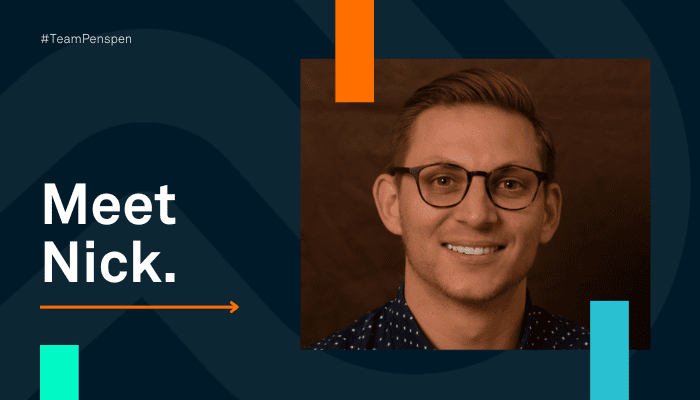
A New Landscape: Our People – Nick Molnar
Nick is a Senior Pipeline Integrity Engineer at Penspen. Since joining the team in November 2024 and relocating from Canada to Abu Dhabi, he’s been an integral part of Penspen’s Centre of...
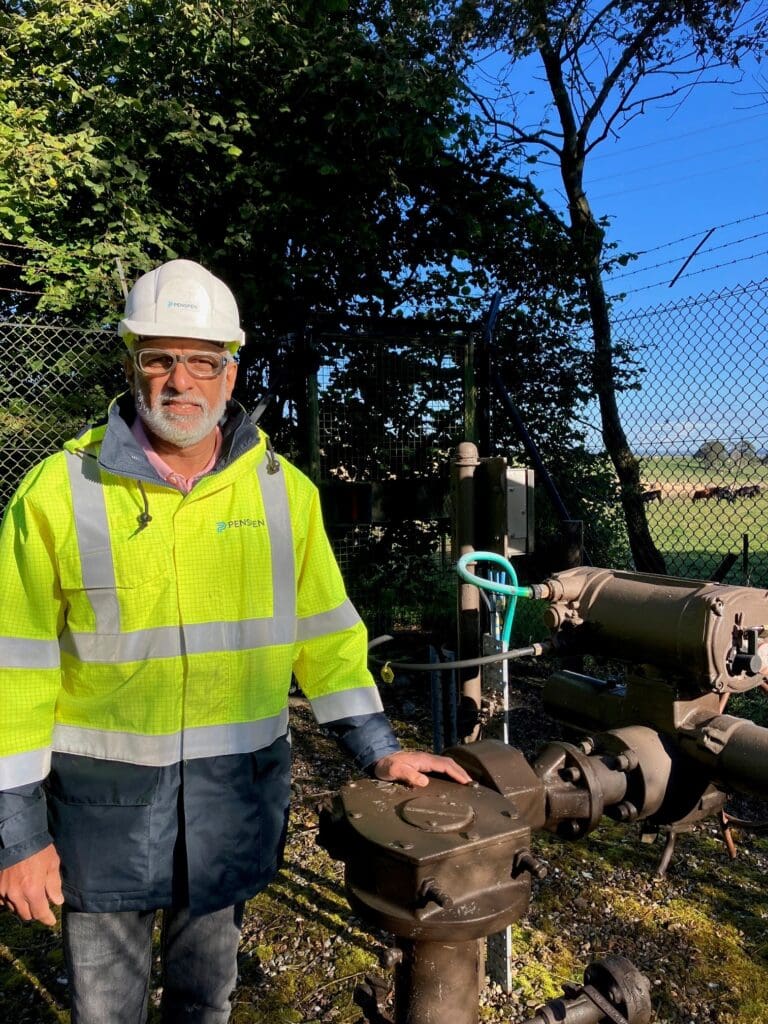
Our People: Half a Century of Gas Maintenance
Three Penspen technicians - Alan, George, and Sean - have racked up more than 145 years' experience combined in the gas industry, so we caught up with them about what's changed in the decades they've...

“Technology never stops evolving”: Our People – Israa
Ahead of Saudi National Day 2025, Israa shared why she chose Penspen to build her career in the Kingdom of Saudi Arabia, and why she’s so proud of the projects Team Penspen are delivering in the...

